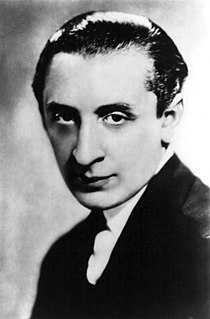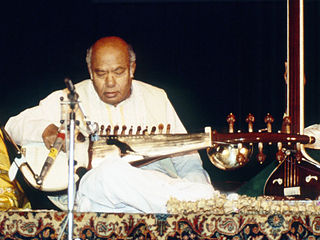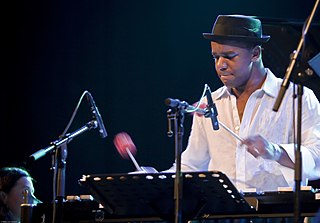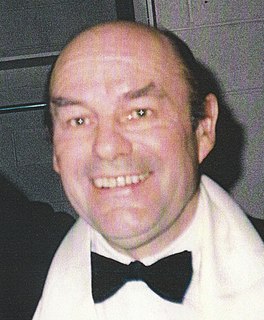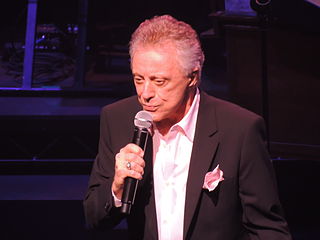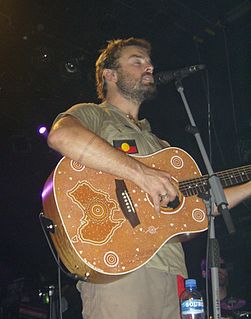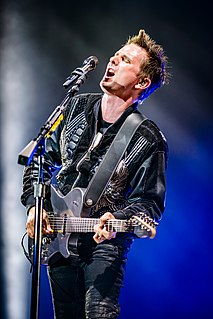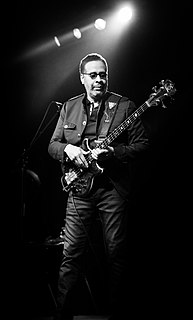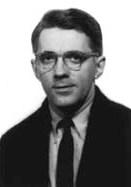A Quote by Vladimir Horowitz
The most important thing is to make a percussive instrument a singing instrument. Teachers should stress this aspect in their instruction, but it seems that very few of them actually do.
Related Quotes
I think it all comes back to the individual. My instrument's just a pile of metal and wood! If you listen to the way I speak I have a lot of rhythm, use a lot of accents. When I'm playing my instrument that concept comes through very clearly. In fact some people who've seen me play have noticed that I'm singing - but it's more that I'm actually speaking. So it's not really about the instrument. But for me, in my thinking, the music is all about the melody. When I compose, 99 percent of the time I start with the melody.
Establishing a style is important, it really is, but a lot of singers get so involved with their instrument, and more so than they do in what they're singing. I think you really have to think about what you're singing. You have to make the public believe what you're singing. And in order to do that, you have to believe it.
In most musical instruments the resonator is made of wood while the actual sound generator is of animal origin. In cultures where music is still used as a magical force, the making of an instrument always involves the sacrifice of a living being. That being's soul then becomes part of the instrument and in the tones that come forth, the 'singing dead,' who are ever present with us, make themselves heard.
I just think the most important aspect in being able to have a productive relationship between the teachers' unions and the districts and the states that they're dealing with is that the person sitting across the table from them should not have received the largest campaign contributions from the teachers' union itself.
My first instrument was my voice. I was always singing and writing melodies when I was a little kid. I just sort of taught myself whatever was around. If there were instruments around, I'd play them. I always liked the idea of not being shown but coming up with my own energetic connection to the instrument.
I actually think that bass is probably the instrument that has evolved in a quantum leap compared to other instruments. It's the instrument that's evolved the most, especially with how it's perceived. And even how it's played, and how it's viewed from a point of view of commerce, like with the music industry.
Differentiated Instruction is a teaching philosophy based on the premise that teachers should adapt instruction to student differences. Rather than marching students through the curriculum lockstep, teachers should modify their instruction to meet students' varying readiness levels, learning preferences, and interests. Therefore, the teacher proactively plans a variety of ways to 'get it' and express learning.
